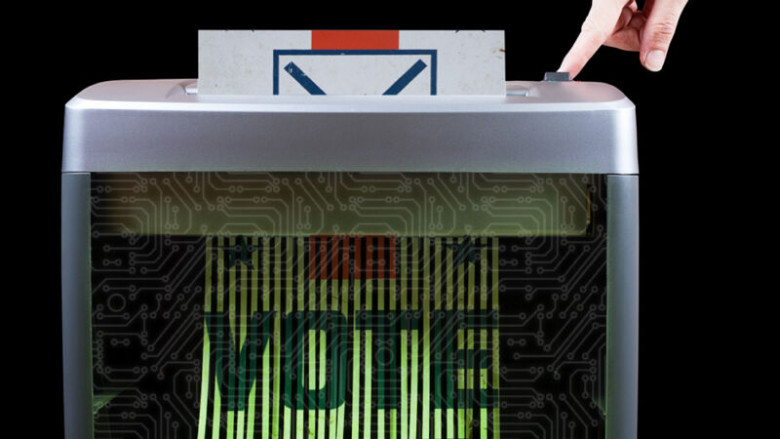Why experts are overwhelmingly skeptical of online voting

If anyone was going to be enthusiastic about online voting, it would be Ben Adida. After starting multiple dot-com startups in the late 1990s and early 2000s, Adida earned a computer science PhD from MIT in 2006. Studying under legendary cryptographer Ron Rivest (the "R" in RSA) at MIT, Adida explored how to use advanced cryptography to hold provably secure elections.
Adida created open-source online voting software called Helios based on that research. And more recently, he founded VotingWorks, a non-profit organization that creates open-source software for ballot-marking machines and post-election auditing.
"If I felt like Internet voting was viable, I would be really well-positioned to do it," Adida told Ars in a recent phone interview. "I did my PhD on it. I run Helios as a side project." But Adida told us that online systems like Helios are "great for student elections, not for public elections." "Every couple of months I get someone who says can we use Helios for a public election," Adida said. "I say, 'You really shouldn't.'"









































































